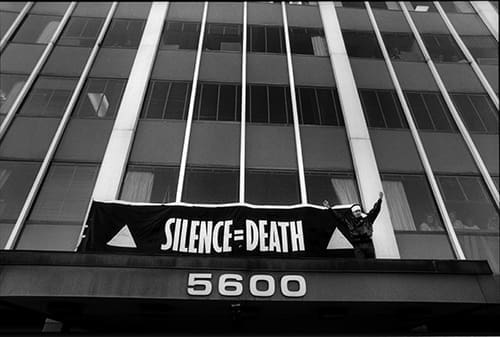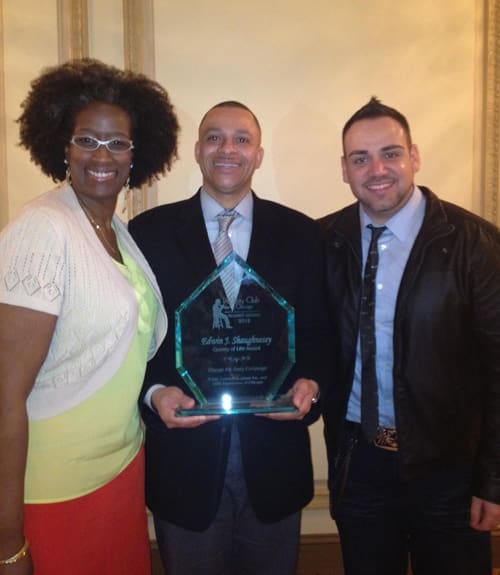John is a 26-year-old black man on Chicago’s West Side.
He’s HIV-positive.
And his name’s not really John. He wouldn’t tell me his real name, which makes sense, as he hasn’t even told his immediate family that he’s been living with HIV for five years. Nor has he told any of his friends. He hides his pill bottles. He admires women from afar, but rarely talks to them anymore.
What would he say?
“A lot of people can’t take the whole fact of you approaching them saying ‘Hi, my name is blah, blah, blah, I’m presentable, I’m a person you can actually take home and, by the way — I’m HIV-positive,’ ” John said, in an interview last summer.
“It’s kind of like having a human being stand in the middle of Jurassic Park and all the gates are open.”
His hands twitched with nervous energy. He was edgy, clearly uncomfortable, but the words spilled out with a desperate eloquence. Here was a good-looking guy, a college student, an athlete – and he was paralyzed in his daily life because of fear and stigma.
“It’s not even a case of finding a person to trust to tell,” John went on to say. “It’s also a matter of finding someone who’s going to accept you and love you for the person that you are.”
John’s story isn’t that unique. In the worst case scenarios, people hole up in their homes and waste away, too proud and too scared to even take the life-saving medicine because their neighbors might find out.
Not 20 years ago. Right now.
But such stories rarely get told. They’re hard to find. Or rather, the people living them don’t want to be found. And these tales are uncomfortable — they feel somehow contrary to the meaningful gains being made in the 30-year-old effort to end AIDS. They speak of the work yet to be done.
This is my final blog post for Inside Story. I was proud to work for the AIDS Foundation of Chicago, an organization that, along with its partner agencies, makes an honest effort to help people like John.
It was my great privilege to meet some incredible people, many of them right here in the AFC office, and to tell their stories.
There was the 85-year-old mother who has walked for her dead son in the AIDS Run & Walk for the past 20 years; the man who lost three different lovers to AIDS-related causes and found it difficult to get out of bed some mornings; the heroin addict who was in and out of prison six times trying to feed his addiction before getting clean, addressing his HIV-positive status and emerging as one of Illinois’ most passionate HIV advocates.
And there was the woman who followed her first love to Chicago from her native Iceland, falling into a world of prostitution and heroin addiction, before becoming one of Chicago’s most respected HIV case managers.
Those were just a few that immediately come to mind. There were many more — these stories of beating long odds and rising from depths that few ever know. Consistently, I was humbled by the strength and the courage that ran as narrative threads, binding the stories together.
But there are also the stories that don’t get told.
This is my first mention of John. There was so much that he wouldn’t discuss. Riddled with more holes than substance, his story stayed in my notebook. But as I leave AFC and HIV advocacy behind for another job in another field of work, it feels right to mention him now.
Maybe his story means something to you, as it did for me.
There’s a 26-year-old black man named John on Chicago’s West Side.
He’s HIV-positive.
And his name’s not really John.
***
Gregory Trotter worked as the staff writer and communications manager for the AIDS Foundation of Chicago for the past 15 months. He’s moving on to work for the Chicago Tribune.


